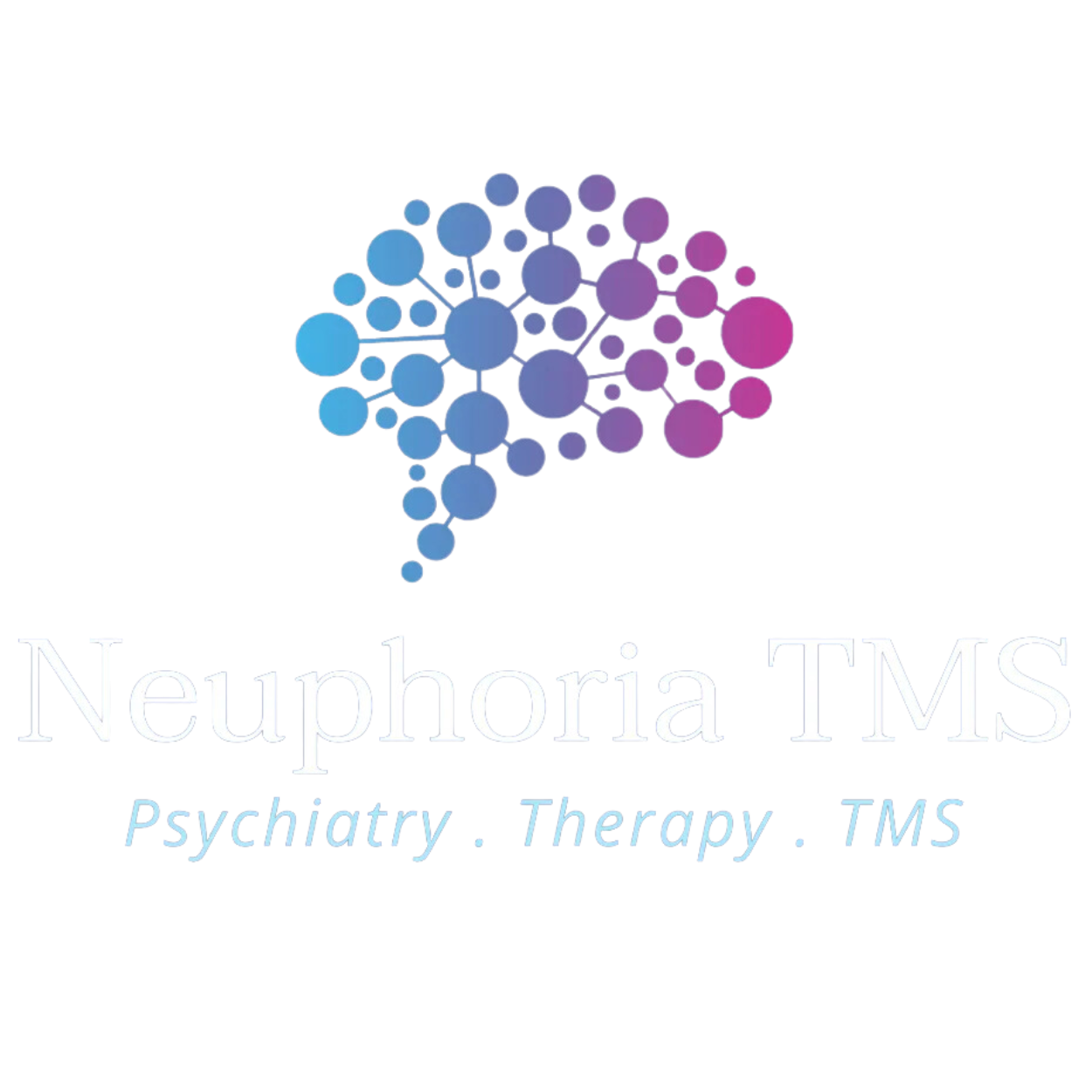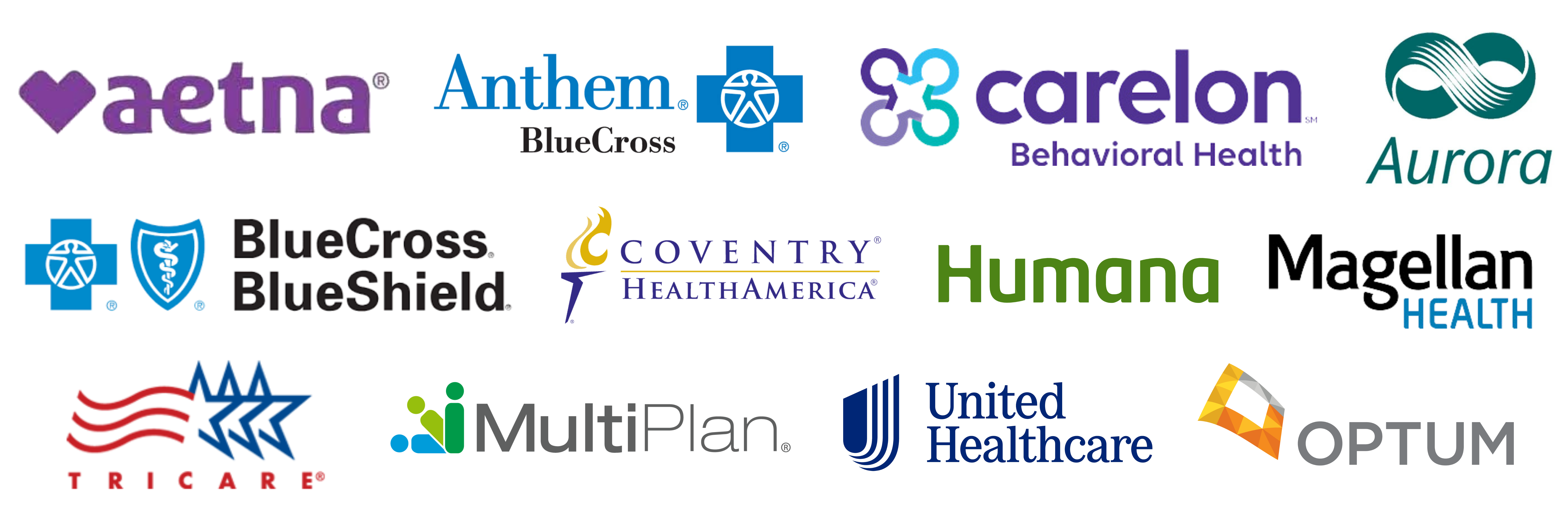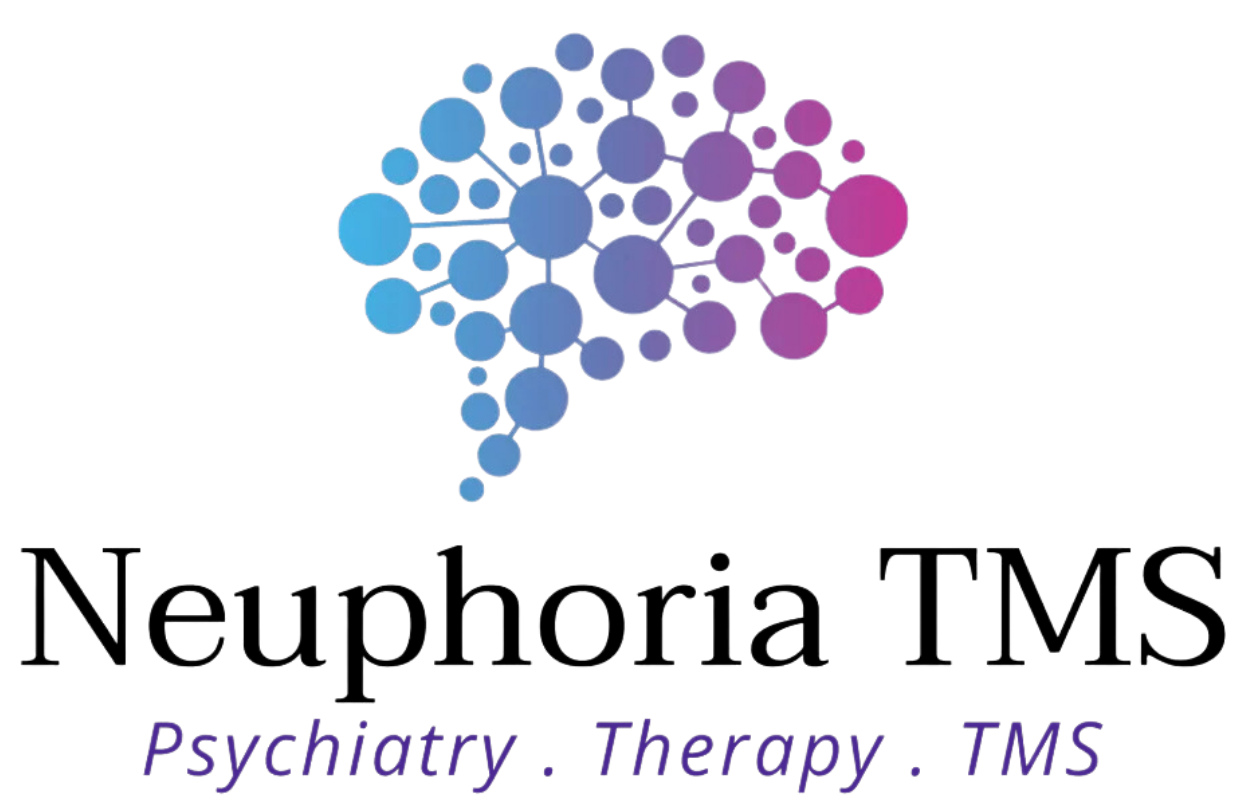Latest News
Latest Blog Posts

Interpreting Major Depressive Disorder: A Deep Dive into Brain Changes and Innovations in Treatment
“I'm not using my depression as an excuse. Trust me, I'd give anything to function "normally" on a day to day basis." -Unknown
Introduction:
Major Depressive Disorder (MDD) is more than a passing mood; it's a persistent global challenge affecting millions. In the U.S., 3 million grapple with its impact annually.
Exploring Major Depressive Disorder: Insights into Brain Anatomy
MDD manifests through persistent sadness, altered sleep, and impaired concentration. Extensive research suggests anatomic brain changes contribute, with neuroimaging uncovering structural alterations in the hippocampus, amygdala, and prefrontal cortex. These changes disrupt neurotransmitter balance, giving rise to depressive symptoms.
Gender Facts in MDD: Delving into Statistics

The statistical landscape of Major Depressive Disorder (MDD) casts a revealing light on the pronounced gender differences in its prevalence. According to the National Institute of Mental Health (NIMH), the numbers paint a stark reality: a considerable 8.7% of women in the United States grapple with MDD, a notably higher figure compared to the 5.3% of men affected.
Beyond these numerical disparities lie complex and multifaceted factors contributing to the gender gap. Biological nuances, including hormonal fluctuations during pivotal life stages such as menstruation, pregnancy, and menopause, play a significant role. The intricate interplay of hormones, neurotransmitters, and genetic predispositions creates a unique vulnerability in women to the onset and persistence of MDD.
Acknowledging and dissecting these intricacies is pivotal in advancing targeted and empathetic approaches for individuals navigating the challenges of Major Depressive Disorder.
Essential Role of Medical Intervention and Addressing Treatment Resistance
Navigating Major Depressive Disorder (MDD) often necessitates medical intervention, where psychotherapy and medication, notably antidepressants like selective serotonin reuptake inhibitors (SSRIs) and serotonin-norepinephrine reuptake inhibitors (SNRIs), play a central role. However, a significant challenge arises in the form of treatment resistance, a phenomenon where a substantial number of individuals do not respond adequately to traditional antidepressant therapies.

Studies estimate that approximately one-third of individuals with MDD may be resistant to conventional antidepressants. This resistance poses a formidable barrier to effective treatment and underscores the need for innovative solutions. Enter Transcranial Magnetic Stimulation (TMS) Therapy, a groundbreaking alternative gaining prominence in the mental health landscape.
TMS Therapy: Pioneering a New Frontier

TMS Therapy offers a non-invasive and FDA-approved approach to treating MDD. By utilizing magnetic pulses to stimulate nerve cells in the prefrontal cortex, TMS Therapy addresses the neural underpinnings of depression. Notably, research studies, including randomized controlled trials like the one published in JAMA Psychiatry, highlight the efficacy of TMS, particularly in cases resistant to traditional antidepressant interventions.
Conclusion:
In conclusion, Major Depressive Disorder's intricate brain implications call for personalized approaches. TMS Therapy emerges as a promising solution, offering targeted relief for those navigating the challenges of MDD. As research progresses, there's hope for improved understanding and treatments, bringing relief to the millions affected by this complex disorder.
Do you or anyone you know suffer from MDD? This crippling disorder can be manageable with medication or therapies. A person who is suffering from MDD may even prove to be successful in remission with TMS Therapy or show substantially great effects in the reduction of the disorder with TMS Therapy. Call or text our team and see how we can help YOU manage your depression!
TMS is covered by insurance


Contact Info
Address: 1221 Medical Center Dr.
Wilmington, NC 28401
Phone: (910) 239-0300
Fax: (910) 756-4546
Email: info@neuphoriatms.com
Business Hours
Mon: 9am - 5pm
Tues: 9am - 5pm
Wed: 9am - 5pm
Thurs: 9am - 5pm
Fri: 9am - 5pm
Sat/Sun: Closed
For informational purposes only, a link to the federal Centers for Medicare and Medicaid Services (CMS) Open Payments web page is provided here. The federal Physician Payments Sunshine Act requires that detailed information about payment and other payments of value worth over ten dollars ($10) from manufacturers of drugs, medical devices, and biologics to physicians and teaching hospitals be made available to the public. It can be found at https://openpaymentsdata.cms.gov
We accept insurance.

Dr. ____, MD
Insert Doctor Bio

Contact Info
Address: 1221 Medical Center Dr. Wilmington, NC 28401
Phone: (910) 239-0300
Fax: (910) 756-4546
Email: info@neuphoriatms.com
Business Hours
Mon: 9am - 5pm
Tues: 9am - 5pm
Wed: 9am - 5pm
Thurs: 9am - 5pm
Fri: 9am - 5pm
Sat/Sun: Closed
For informational purposes only, a link to the federal Centers for Medicare and Medicaid Services (CMS) Open Payments web page is provided here. The federal Physician Payments Sunshine Act requires that detailed information about payment and other payments of value worth over ten dollars ($10) from manufacturers of drugs, medical devices, and biologics to physicians and teaching hospitals be made available to the public. It can be found at https://openpaymentsdata.cms.gov








